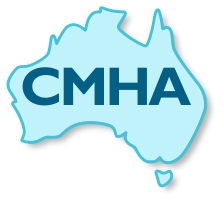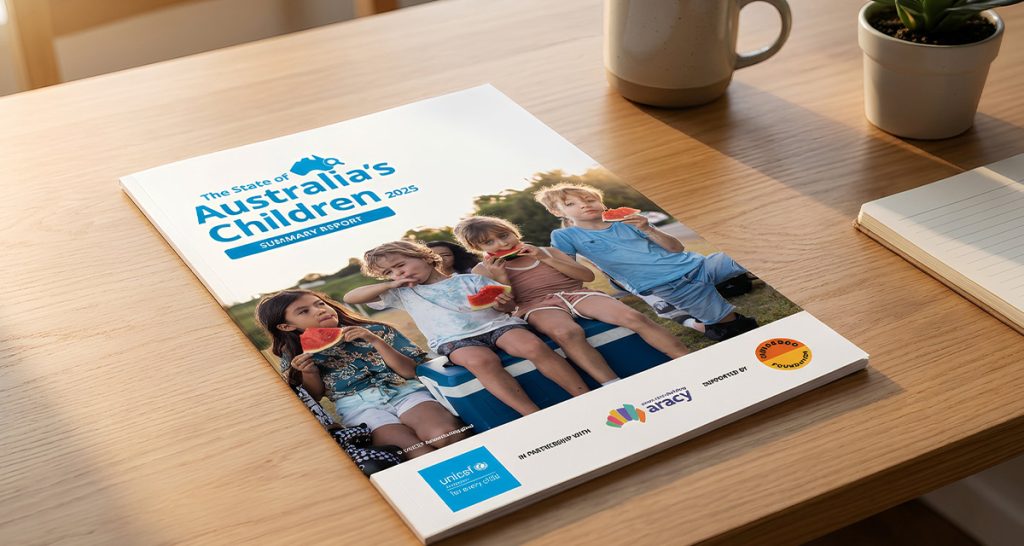Community Mental Health Australia (CMHA) welcomes the release of The State of Australia’s Children 2025 Summary Report, which provides a clear and timely picture of how children and young people are faring across the country. While many children are thriving, the report makes it clear that far too many continue to be left behind by systems that were designed to keep them safe. It reflects what we see every day in community mental health: wellbeing is shaped by stable housing, financial security, safety, strong relationships and culturally safe support.
The findings show widening inequities.
Aboriginal and Torres Strait Islander children remain severely overrepresented in out-of-home care, making up 41 per cent of all children in care, and one in three young people leaving care experience homelessness within a year. Rising developmental vulnerability, family stress, online harms and cost-of-living pressures are placing significant strain on children and their families. Rates of psychological distress among young people remain high, with suicide remaining the leading cause of death for those aged 15 – 24.
“We cannot talk about child wellbeing without confronting the systemic inequity built into the very systems meant to support children. These findings show that children who rely most on government services are still the least likely to be safe, housed and able to thrive,” said Kerry Hawkins CEO of CMHA.
Despite these concerns, the report highlights strengths we can build on. Early childhood education enrolment continues to grow, academic outcomes in some domains are improving, and more young people feel empowered to have a say in their communities. These gains show that coordinated reform and sustained investment can make a meaningful difference. One of the strongest aspects of the report is the insight it provides into children’s own experiences. Children said they feel happiest when they are with family and friends, when they feel safe, and when they have places to play and belong. Young people identified housing, mental health, fairness and online safety as their biggest concerns for the future. Their voices offer practical, compassionate guidance that should shape policy and investment.
Importantly, the report sets out five clear recommendations for national action:
- Establish an Early Intervention Investment Framework, supported by a National Children’s Data Strategy.
- Establish a National Early Childhood Commission to ensure timely, cohesive reform.
- Elevate children’s voices in decision making for meaningful co-design.
- Increase the number of mental health and wellbeing professionals in early childhood education and care services and schools.
- The implementation of a national Children’s Act, overseen by a national Ministerial Council for Children to provide cabinet-level oversight and accountability.
These reforms align strongly with CMHA’s longstanding advocacy for prevention, early intervention and community-led solutions.
“The message is simple. We need national leadership that treats child wellbeing as essential infrastructure. Early intervention works. Community-led solutions work. Children themselves know what they need. It’s time systems caught up,” urged Kerry.
CMHA welcomes this report and its call for bold national leadership. With the right investment, collaboration and accountability, Australia can create the conditions for every child to thrive. The evidence is clear, and the opportunity is now.


